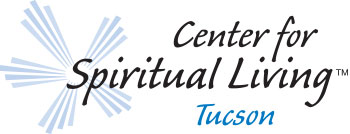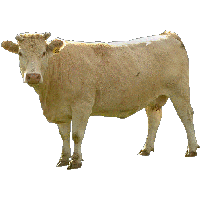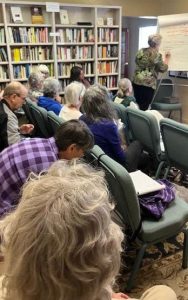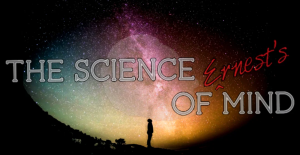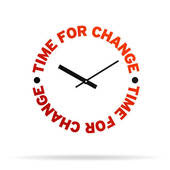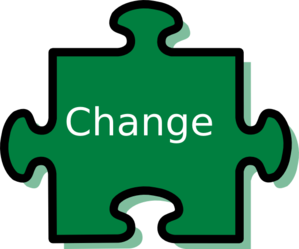GOT PROCRASTINATION? by Madeline Pallanes
Well, I’ve done it again. Here it is, the late night of the day this article is due. I’ve had plenty of time to think about something really cool, profound or witty to write about but nothing much has come to mind. I do it every time as this isn’t my first newsletter article. I don’t know why I do this over and over (and expect different results), but I do it in all areas of my life. I am quite skilled at it. Is this something I desire to be skilled at? Not really. I procrastinate.
of time to think about something really cool, profound or witty to write about but nothing much has come to mind. I do it every time as this isn’t my first newsletter article. I don’t know why I do this over and over (and expect different results), but I do it in all areas of my life. I am quite skilled at it. Is this something I desire to be skilled at? Not really. I procrastinate.
Why do we procrastinate? I say “we” because the likelihood is you too, procrastinate. If I have to be up late writing this, I’m going to keep you up too. Let’s discuss procrastination….
Google experts define procrastination as a self-defeating behavior pattern marked by short-term benefits and long-term costs. Many of us know it as putting off things that we need to get done, no matter the level of difficulty behind the task. Procrastination is caused by the same things it creates: stress and anxiety. We avoid tasks because they overwhelm us in the moment. This feels good momentarily-we get to do something we want instead, and we don’t need to address any obligations. As good as those sound, that’s the bad news.
The good news is there are solutions to procrastinating that takes some practice and perseverance:
• Reduce the number of decisions we need to make throughout the day. Every decision we make has an energy consequence.
• Develop a practice of using the Science of Mind Affirmative Prayers.
In our Science of Mind philosophy, affirmative prayer is a powerful practice that aligns our thoughts with the all-good of God. It helps shift our consciousness, making us open and receptive to the good that already exists in our lives. Let’s create an affirmative prayer specifically addressing procrastination-with a little help from Bing experts.
1. Recognition:
• Know that God is all there is.
• Recognize that the Divine Presence is within you, guiding and supporting you.
2. Unification:
• Know that you are one with God.
• Understand that your true nature is connected to the infinite wisdom and creativity of the Universe
3. Declaration:
• State your word for the circumstance you want to manifest.
• Declare your intention to overcome procrastination.
• Affirm that you are taking inspired action now.
4. Thanksgiving:
• Give thanks for your good as though it’s already yours.
• Express gratitude for the motivation, focus, and discipline that are flowing through you.
• Thank the Universe for supporting your efforts.
5. Release:
• Let go of any resistance or doubt.
• Release any thought of delay or hesitation.
• Trust the Divine Intelligence is guiding you toward productivity and success.
Remember, affirmative prayer is not about repetition; it’s about belief, acceptance, and direct communication with the Divine Presence with in you.
–Madeline Pallanes
